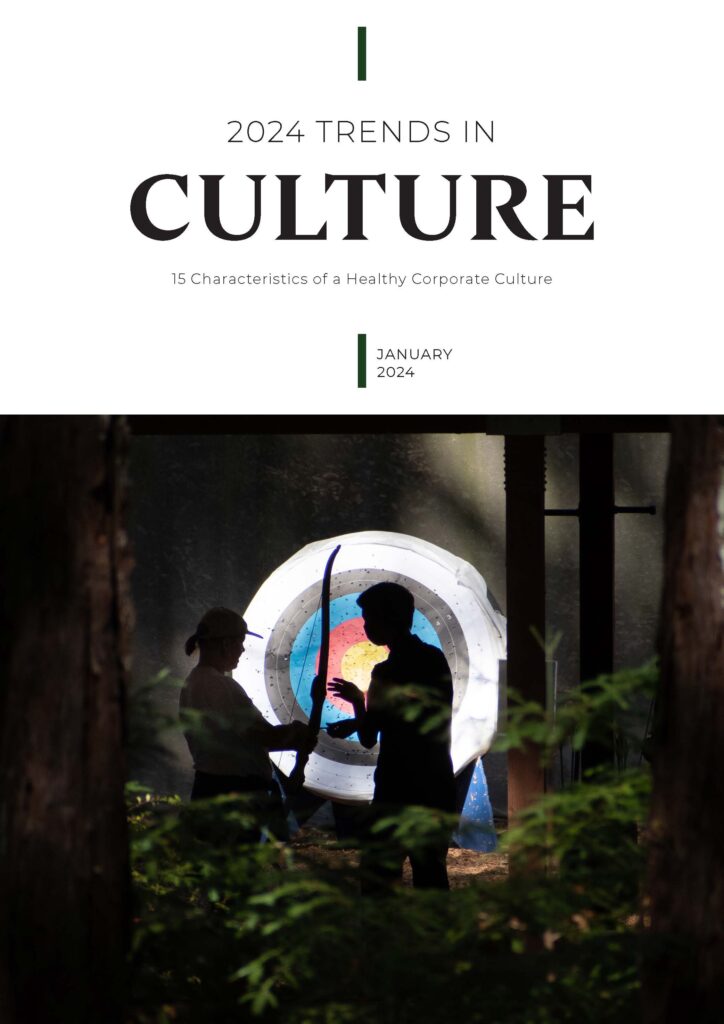
by Paul Casey

As leaders, you evaluate the present and look toward the future. You consistently work to make tomorrow better than today. You might also feel like you only have time for the present and today’s “fires” that you are responsible for “putting out.”
You became a leader because you could envision the future. Perhaps you have worked hard to climb a corporate ladder. Perhaps you saw a need in the marketplace and wanted to meet that need as an entrepreneur. Either way, you wanted to lead others to a better tomorrow. The daily grind of making sure that teams are working on their tasks so you can measure progress with metrics can get you down.
You have progress you need to report to supervisors, shareholders, or other stakeholders. Numbers seem to tell the story and show progress so much more easily than success stories, especially if you’re looking to prove your worth in the marketplace or obtain more investments and funding. How can you move from putting out fires to engaging your teams? How can your teams feel a consistent desire to excel and engage, not just go through the motions?
I invite you to consider your path to your current leadership role. Did it happen in a single night or a single event? Even “overnight successes” took time to reach their success. Your life has been filled with choices, experience, and learning that have led you to your current place. The same is true for your employees.
When interviewed for jobs, people often are asked about their skills. In fact, their skills and their professional experience shown on a resume or application often get people their interviews. Frequently, people are asked in interviews about experiences that demonstrate behavior in specific situations. If you can delve into those experiences and those skills, you will find deeper strengths.
I’m not simply talking about the answer to “what is your greatest strength,” but true strengths that create people as they are. Tom Rath defined a strength as a talent into which a person invests – time, energy, money. Encourage people to use those strengths in their work, and their engagement in their work will increase; their job satisfaction will increase; the overall company culture becomes empowered, engaged, and energetic.
For example, I know a woman who worked for the city in which she lived. She had grown to dislike her work, her environment, and her leadership, but she was working toward retirement. She still did her work the best she could do, but she didn’t enjoy it and people could tell – even though she worked to be pleasant and cheerful.
I talked with her about things she does outside of work. It turns out, she is a master gardener. She and her husband have created a pollinator’s paradise at their home to encourage bees, hummingbirds, and other pollinating creatures to visit their garden and pollinate other areas in the valley in which she lives. She lights up when she talks about gardening and the ecological benefits of her pollinator’s paradise.
You might ask, how does this apply to office work? Master Gardener is an official designation achieved through research, hard work, “getting your hands dirty,” mistakes, complete renovation to an area, and an understanding of one’s environment – both local and global. She has a natural gift for plant life. She also has invested time, physical and mental energy, and money into making her natural gift a gift to her environment.
I asked her, “If your employer came to you one day and said, ‘I know you’re a master gardener. I know that took years of research, understanding, and trials. I would you like you to apply that persistence and ability to dig deep in research and find some possible solutions to this problem we’re having,’ how would you respond?” She looked at me with awe, shock, and even some excitement. She said, “Wow! I would be shocked. I would love it.” She would get started right away. Suddenly, she felt engaged, empowered, and excited to help her employer reach goals and solve problems.
The response she felt does not need to be a temporary moment. It is an opportunity that you as a leader can extend to teams, individuals, and even yourself. Learn and include lists of people’s true strengths in your portfolios about projects, teams, and goals. Consider your own strengths and how you have used them to get where you are today. Consider how you can use your own strengths to build a better tomorrow. Strengths are seen both in personal and professional life. Be sure to consider the whole person, not a single experience.
If you need additional help with this, e-mail me at catherine@profitablealignment.com or call me at (509) 730-5506 to discuss how I can help you. Every strength in every person in your organization becomes an organizational strength when you engage people in using their strengths to build both the present and the future.
 Dr. Catherine Wiberg
Dr. Catherine Wiberg
Speaker | Strengths Coach | Business Consultant
Profitable Alignment
Increase retention, engagement, productivity, and profits.
catherine@profitablealignment.com
(509) 730-5506
4 minutes a month to ask yourself questions, see others giving back, and be inspired to grow a little bit more everyday. Directly in your inbox.
Get a glimpse at your corporate culture with a free culture audit. Do your mission, vision, and values truly drive your organization?
Download your free 2024 Culture Trend Report now!
